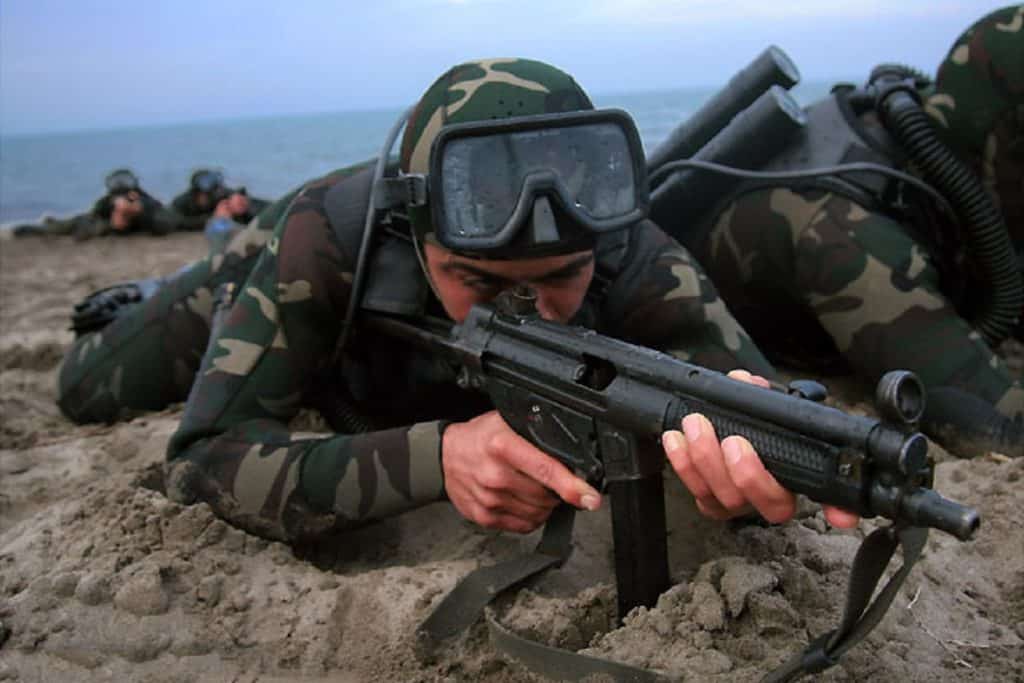By Denis Korkodinov
Washington is increasing the pressure on Iran. The sanctions have seriously affected the Iranian economy. At the initiative of US Secretary of State Mike Pompeo, warships were sent to the Iranian coast.
Also, he abruptly cancelled the meeting with Angela Merkel and went on an unofficial visit to Iraq to discuss the likelihood of a war with Iran. In response, Tehran is ready to withdraw from the nuclear deal. Under these conditions, the risk of misunderstandings between Tehran and Washington is extremely high. And this may trigger local collisions.
For the time being, the US is seriously set to engage in an exchange of fire with Iranian troops. Even American national security adviser John Bolton was greatly discouraged when Donald Trump was determined to relieve the pressure on the Ayatollah regime. Now, the head of the White House is under pressure from its international partners, and, above all, Israel and Saudi Arabia. In this regard, a potential conflict with Iran is more than real, but it can still be neutralized.
Of concern is that IRGC (Iran’s Islamic Revolutionary Guard Corps) in retaliation for its recognition as a terrorist organization, can, at its own discretion, attack American targets. In addition, Iran could launch a series of attacks on Israeli and Saudi targets, which will necessarily entail US involvement.
It is worth noting that the Iranian extreme right crave the outbreak of hostilities, because they would have received from that great privileges within the country. However, they are strained by the fact that these hostilities may not begin on their initiative. In other words, it is not Iran that intends to attack the United States, but the United States is ready to organize an invasion of Iran.
Tehran in any case can cause great harm to the American policy. Thus, by acting on the side of Palestine in the Arab-Israeli conflict, the Ayatollah regime can substantially change the balance of power and offer a decisive resistance, which Israel can hardly imagine. Among other things, by delivering guided missiles to Hussites in Yemen, Iran will further intensify its pressure on Sana’s leadership in order to draw Saudi Arabia into direct conflict, which Washington supports.
The most likely scenarios for the development of the conflict is to create a situation where the IRGC will be exposed as the main culprit of the US response actions in the form of a missile attack on Iranian targets. At the same time, the probability of cybernetic attacks on Tehran cannot be discounted.
Anyway, the implementation of any of the above presented scenarios will have a negative impact on the European countries, in term of energy crisis. Europe has a difficult choice: either continue to support Iran or remain on the side of Washington. And, since European leaders have still not made their choice, it will be hard for everyone to do so.
(The opinions expressed in this article are solely those of the author and do not necessarily reflect the views of World Geostrategic Insights)







